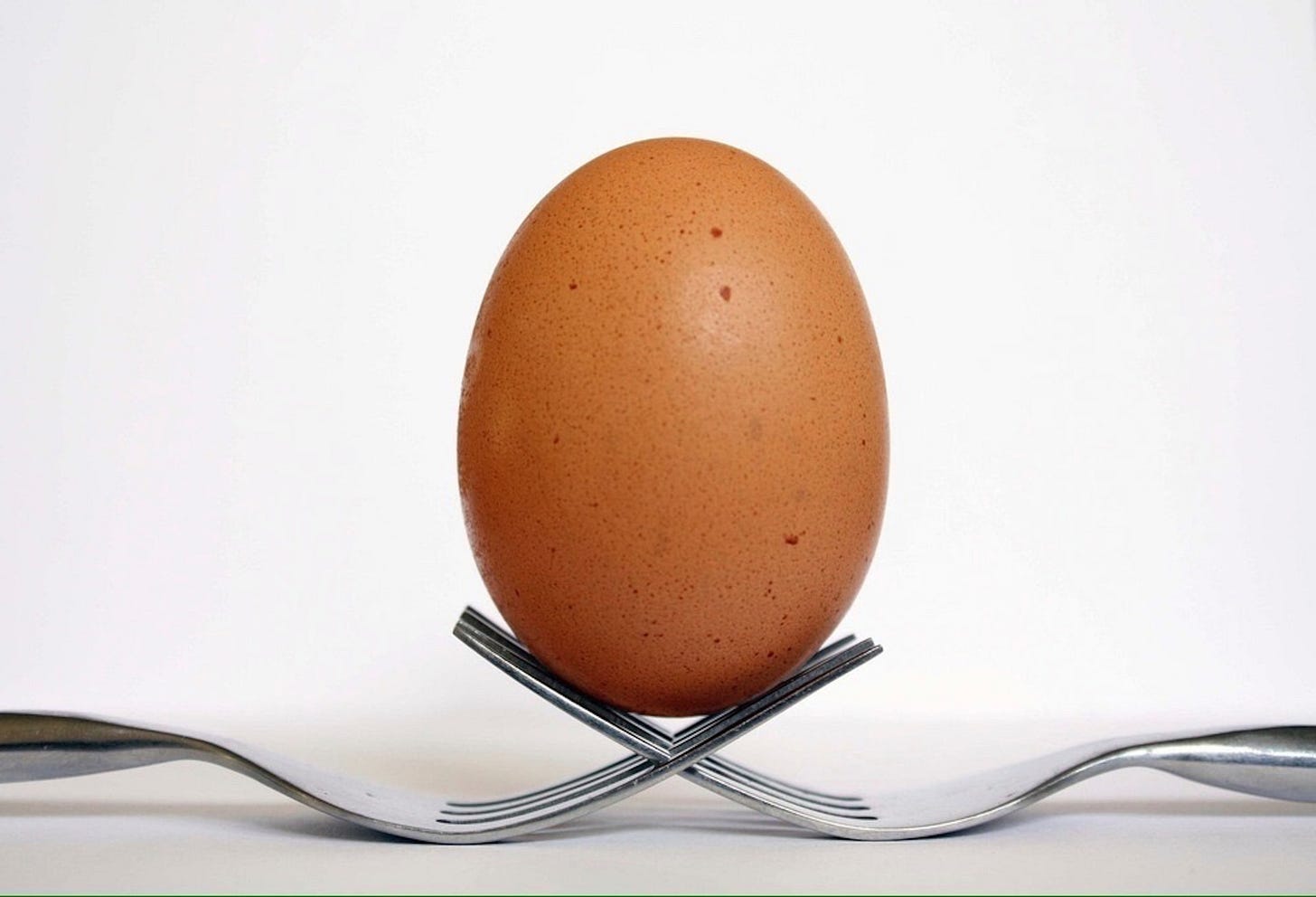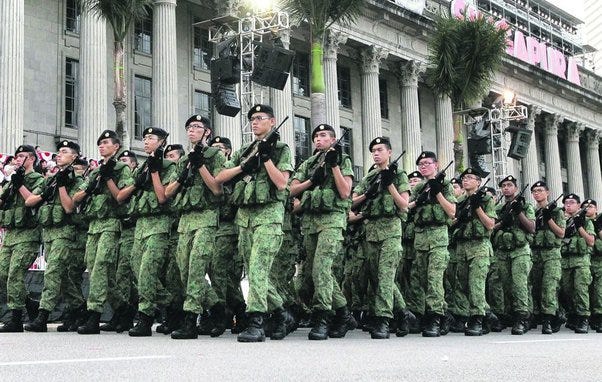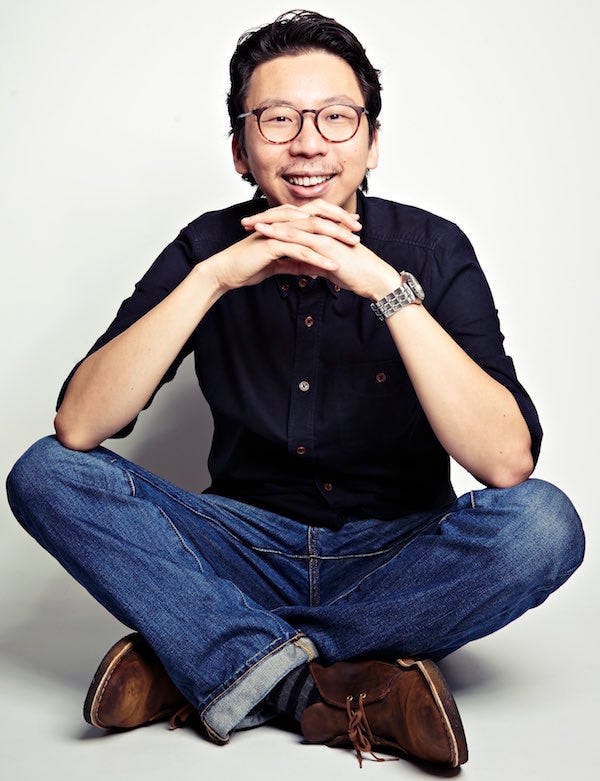Stumbling into Self-Forgetting
Allowing ourselves to move and be moved during significant changes, transitions and turnings.
Thanks for reading Full Circles: Meditations on the Inner and Outer Life. If you are new here, learn about me, and the About Page.
These posts are meant to be what Lewis Hyde describes as a “Gift.” What this “Gift” concept means for me is that
Nothing is expected out of you.
I hope you receive it.
I hope this animates and transforms you.
I hope you spread the love to others.
It’s 1990, I’m 12 years old. I’m lying in bed, thinking about the big move from primary to secondary school, my terrible grades from my Primary School Leaving Exams that I’ll be spending an extra year in an all-boys school, and all the girls that I’m never going to meet because of that.
There is something else on my mind: Even though I know it’s still a long way, I know it will arrive. Though it seems both like a lifetime away and something approximating “very soon,” in six years, I will have to go to a place that I do not want to go.
When I turn 18, I will have to enlist. Two and a half years of my life will be lost to the military. I will have to shave my head, don a green uniform, march like an automaton, and do manly things like pick up arms, shoot at targets, crawl in mud, and climb man-made obstacles with sergeants yelling down my back. For some reason, I also have it in my head that I will have to jump out of a plane and paratroop into the jungle.
The Army
If you are a male living in Singapore, you must be thinking I’m a sissy for worrying about nothing. Other boys my age aren’t concerned about it; some are even looking forward to it. But the truth is, I’m totally anxious about this impending doom. Besides the disruption it will make to the prime time of my life at 18, plus my philosophical disagreements with the idea of taking up arms, all I can picture is being ordered to jump off a Boeing CH-47 Chinook with a parachute pack that won’t open.
My dread of heights is confirmed when I turn 13. I am on top of a tree, at the start of a makeshift zipline. I’m a reluctant boy scout, and Jason, the instructor, is cursing at me to get my butt off the tree and make the leap down the rope. I am terrified, and despite the jeering from my peers in the queue, my height phobia is not about to relent. The cursing from Jason ramps up by three notches, and he begins to threaten. He says I will lose my hands, and he means it. Not because he will cut them off, but because the rope around my wrist is cutting the blood supply to my fingers. Oh shit, he’s right. My hands are turning blue; I can barely feel my fingers.
I didn’t realise at that time, but more than an hour passed with me standing there. I don’t know what happened next, but out of sheer annoyance at my lack of bravery, I—or was it Jason?—must have given myself a nudge down that zipline. I made it down the tree in one piece.
When it’s over my height phobia is still intact. My fear has not gone away. In fact, I am now more afraid of the impending helicopter jump I’m sure I will have to make in five years .
I’m notgoing to go in unprepared. I start to train before I enter the first three months of Basic Military Training (BMT). I have to, because I am a borderline underweight, scrawny kid who could easily be blown by the wind kicked-up by a landing helicopter.
I have another method of preparation in mind: to “downgrade.” When someone is not medically fit, they get a downgrade status. With that comes “privileges.” I’ve heard stories of friends who got downgraded due to things like asthma, allergies to grass, skin reactions to the uniform, and all types of pre-existing medical conditions that exempted them from going outfield. This kept them in the frosty 19.5-degree air-conditioned headquarters throughout their two and a half years of mandatory service.
So what do I do? Two days before the medical exam, I begin my prisoner of war commando-style home-training: I refrain from sleeping. I drink copious amounts of coffee and energy drinks, hoping to raise my blood pressure temporarily, as well as to reduce my psychological tests results to one standard deviation below acceptable. It doesn’t work. Oddly, I am still fit as a fiddle, and I have no idea how I fared in those batteries of questionnaires.
I think of my friend Robin. He’s twice my weight. Maybe I could get him to sit on me and slide down my leg to dislocate my knee. Robin laughs at my idea. Well, he could laugh, because he’s downgraded.
I know, this all sounds silly, but this was a very difficult time in my life. Nearing the time of enlistment, I was on the verge of getting kicked out of school from my tertiary education in business administration. I was in a tumultuous relationship that was going nowhere, and the only saving grace was playing music in a band. That was going to be disrupted. Besides, all of my bandmates were already enlisted. One of them was an Army Guard, another was a police officer, and “downgraded” Robin—lucky guy—was a storeman.
To put a cherry on the cake, since the business diploma wasn’t my thing, I had no idea what I was going to do with my life.
Shaven Heads

My head is now shaven; I look like an egg. I’m lined up with the rest of the other eggs, fashioned with green uniforms on an island off Singapore for BMT. My folks are with me. I maintain a brave front. Some boys are crying, not because of leaving their moms and dads, but mostly because someone who looks like a butcher has shorn their locks of hair like a helpless sheep. Any preferred hairstyle request was met with nonchalance by the butcher-barber; some were mocked by the military instructor nearby. Everyone got the same haircut: Egghead.
As we say goodbye to our parents and march as a company for the first time to our bunks, I am filled with dread. I’ve be cut off from everything else in my world. Cellphones are not yet a common thing. All I have in my possession is a pager , my Discman, and a Bible my friend bought for me a few years back.
Some of the other boys carry a gangster bravado. Some know each other and speak a dialect that I am vaguely familiar with (Hokkien). Some are solemn like me. I will now have to spend at least my three months in BMT with all of them.
As we file in lines of three as a company and march to the beat of swearing instructors, I dissociate. I am physically there, but my mind is elsewhere, in the clouds. My feet are moving, but it’s as if I’ve somehow managed to detach from my own body. I must be hallucinating. I see Mother Mary in the clouds.
I look around. Everything slows down. All of us eggheads are now in the same boat. For the first time in my life, I make the conscious decision to forget about myself.
I didn’t realise it then, but this was a pivotal season of my life. It wasn’t just about my mandatory enlistment to National Service. That’s what it looked like from the outside. But on the inside, an invisible story was unfolding, not of my own choosing. Years later, I came to understand this chapter of my life as “Leaving myself and focusing on others.”
Leaving Myself
Going in with this frame of mind saved my life, or at least my sanity. I spent the first couple of weeks focusing on my 12 section mates in the platoon. We were housed in one bunk. I learned that the guy on my left, Bob, was not only born on the same day as I was, but also had the National Registration Identity Card that was one digit smaller than mine. In other words, his mother must have been the person in front of my mother in the birth registry queue. The guy on my right––my assigned buddy––was a recluse. He was more timid than I was. Two weeks into BMT, there was a stench in our bunk coming from my buddy’s cupboard. We had to confront him about it. Turns out he had been too afraid to go to bath with the other lads. He hadn’t taken a proper shower for several days.
I focused my attention on being there for my section mates. To be clear, I was no saint. It was all I could do to not let my anxiety crumble me. When we did our endurance run, I did what I could to cheer on the others, even though I was as fast as a turtle. When we did the obstacle courses, I did what I could to push the slower guys up the brick wall climb.
Back in the bunk at night, we talked all kinds of shit. I listened to Bob talk about his girlfriend woes. In exchange, he would lend me his prized possession, his cellphone (a rarity in that era) to call my own girlfriend. A saving grace.
Then there was Edward. We thought he was gay, but he never said so. But Edward was the comic relief we needed. He was the livewire. We became good friends. Levity is most welcomed in an insane environment of screaming instructors.
Moving and Being Moved
I didn’t know it then, but more than 2 decades later, I now realise that if we learn to see the movements of our lives, we are moving—and being moved—between different seasons of our lives. Circumstances on the outside may not be our choice, therefore it can feel like we are cajoled into things. But on the inside, we can figure a way. Like a sailboat, we depend on the winds to be moved, but we must also figure out a way to steer it.
During pivotal moments of transitions, we are crossing between worlds. This period could be when you lose a job, struck by illness, bereaved from a death of a close family member or friend, or embark on a new direction. This transition is one that bridges between the old world and the new world. Often times, we don’t know completely what this new terrain is really like until we get there.
The period of bridgecrossing is one that I invite you to take heed. When crossing bridges, our senses are heightened. When we are at the edge of everything, we see things more acutely. Do not aneasathise yourself in this process. If you keep your eyes open, you might realise what this new season asks of you.
Every seasons has its needs. Needs are the prickly needles that keeps poking at you, until you pay attention.
So pay attention.
Note: This is an outtake for an upcoming book, Crossing Between Worlds: Moving and Being Moved Through the Transitions of Life.
Daryl Chow Ph.D. is the author of The First Kiss, co-author of Better Results, and The Write to Recovery, Creating Impact, and the new book The Field Guide to Better Results .
If you are a helping professional, you might like my other Substack, Frontiers of Psychotherapist Development (FPD).





